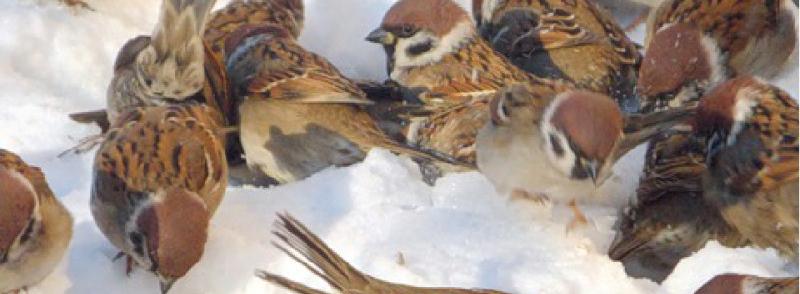Sir Walter Scott
AD!—it was like a thunderbolt To hear that he was dead;
Though for long weeks the words of
Came from his dying bed;
Yet hope denied, and would deny—We did not think that he could die.
The poet has a glorious
Upon the human heart,
Yet glory is from sympathyA light alone—apart;
But there was something in thy name,
Which touched us with a dearer
The earnest feeling borne to
Was like a household tie,
A sunshine on our common life,
And from our daily sky.
Thy works are those familiar
From which so much of memory springs.
We talked of them beside the hearth,
Till every story
With some remembered
Of near and dearest friends,
Friends that in early youth were ours.
Connected with life's happiest hours.
How well I can recall the
When first I turned thy page,
The green boughs closed above my headA natural hermitage;
And sang a little brook along,
As if it heard and caught thy song.
I peopled all the walks and
With images of thine;
The lime-tree was a lady's bower,
The yew-tree was a shrine:
Almost I deemed each sunbeam shoneO'er banner, spear, and morion.
Now, not one single trace is
Of that sequestered nook;
The very course is turned
Of that melodious brook:
Not so the memories can depart,
Then garner'd in my inmost heart.
The past was his—his generous
Went back to other days,
With filial feeling, which still
Something to love and praise,
And closer drew the ties which
Man with his country and his kind.
It rang throughout his native land,
A bold and stirring song,
As the merle's hymn at matin sweet,
And as the trumpet strong:
A touch there was of each degree,
Half minstrel and half knight was he.
How many a lonely mountain
Lives in his verse anew,
Linked with associate sympathy,
The tender and the true;
For nature has fresh beauty brought,
When animate with life from thought.'Tis not the valley nor the hill,
Tho' beautiful they be,
That can suffice the heart, till
As they were touched by thee;
Thou who didst glorify the whole,
By pouring forth the poet's soul.
Who now could stand upon the
Of thine own "silver Tweed?"Nor deem they heard thy "warrior's horn,"Or heard thy "shepherd's reed?"Immutable as Nature's claim,
The ground is hallowed by thy name.
I cannot bear to see the
Where ranged thy volumes stand,
And think that mute is now thy lip,
And cold is now thy hand;
That, hadst thou been more common clay,
So soon thou hadst not passed sway,
For thou didst die before thy time,
The tenement o'erwrought,
The heart consumed by its desire,
The body worn by thought;
Thyself the victim of thy shrine,
A glorious sacrifice was thine.
Alas, it is too soon for this—The future for thy fame;
But now we mourn as if we mournedA father's cherished claim.
Ah! time may bid the laurel wave—We can but weep above thy grave.
Letitia Elizabeth Landon
Other author posts

A Child Screening A Dove From A Hawk By Stewardson
AY, screen thy favourite dove, fair child, Ay, screen it if you may,--Yet I misdoubt thy trembling Will scare the hawk away That dove will die, that child will weep,--Is this their destinie

Sir Thomas Lawrence
ST art, the stars above Were fated on thy birth to shine; Oh, born of beauty and of love, What early poetry was thine The softness of Ionian

Hebe
TH thou art a lovely time, With thy wild and dreaming eyes; Looking onwards to their prime,

The Poor
Few, save the poor, feel for the poor: The rich know not how hard It is to be of needful food And needful rest debarred Their paths are paths of plenteousness, They sleep on silk and down;

